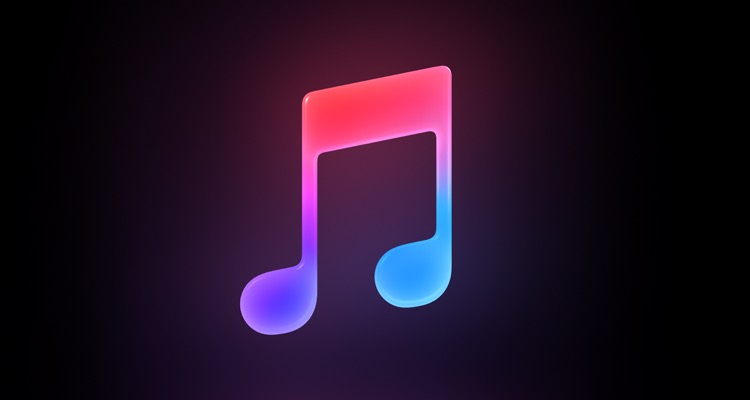A new report has claimed that Apple Music has removed songs celebrating democracy in China. The Cupertino-based company has censored pro-democracy songs ahead of the 30th anniversary of the Tiananmen Square Crackdown in June this year. It has removed a popular song from Jacky Cheung, which translates to ‘The Path of Man’, featuring politically sensitive lyrics. In the now-removed song, Cheung sings, “The youth are angry, heaven and earth are weeping… How did our land become a sea of blood? How did the path home become a path of no return?”.
Cheung’s song was first released following the government’s violent crackdown of the student-led pro-democracy protests in 1989. Hundreds, if not thousands, of people likely died after the deployment of the People’s Liberation Army. Cheung, who is 57, remains incredibly popular and a separate report states that his concerts help police “round up crooks who turn up”. These crooks, the publication says, can’t “resist the allure of his shows”.
Chinese netizens first reported the song’s removal over the weekend. They also found Tencent Music’s streaming music service, QQ Music, had taken down the Hong Kong singer’s popular track. Unfortunately, Cheung isn’t alone. Buckling under growing pressure from the Chinese government, Apple Music has attempted to curb songs celebrating or promoting the anniversary. Anthony Wong, another Hong Kong singer, has also had his songs removed from the platform. The company took down the songs from his group, Tat Ming Pair, except for one – ‘Do You Still Love Me?’. Apple Music also delisted the works from Hong Kong pro-democracy singer, Denise Ho. Her name and discography no longer appear in any searches on the streaming music service. Wong and Ho have vocally supported pro-democracy protests in the past, including the 2014 Umbrella Movement.
Users can still access Cheung, Wong, and Ho’s music in Hong Kong, Taiwan, North America, and around the world. According to the initial report, Chinese internet service Guizhou-Cloud Big Data Industrial Development (GCBD), a pro-government company, has operated Apple’s iCloud services in the country since February 2018. Apple has yet to issue a statement over the takedowns.
The removal of these songs highlights China’s ongoing censorship of the internet and its increasing efforts to control dissenting voices. The country’s strict internet censorship laws, known as the Great Firewall of China, have been in place for years and have been used to censor anything that could be seen as critical of the government or a threat to social stability. But in recent months, China has ramped up its efforts to control the internet even further.
Last year, the Chinese government introduced new regulations that required internet service providers to verify the real names and national identification numbers of their users. They also banned virtual private networks (VPNs), which allow users to bypass the Great Firewall of China and access censored content. And earlier this year, the government introduced new laws that make it illegal to spread “false information” online.
Critics have accused the Chinese government of using these laws to silence dissenting voices and stifle free speech. Human rights groups have also criticized Apple for complying with the Chinese government’s censorship demands. In 2017, the company removed dozens of VPN apps from its Chinese App Store after the government ordered it to do so.
The removal of pro-democracy songs from Apple Music is just the latest example of China’s attempts to control the internet and silence dissenting voices. It’s also a worrying sign of Apple’s willingness to comply with the demands of an authoritarian government. As China’s influence on the global economy continues to grow, it’s essential that companies like Apple take a stand for free speech and human rights.
Featured image by Apple Music.



They have to you moron. The government regulates anything that comes in from the West
hi